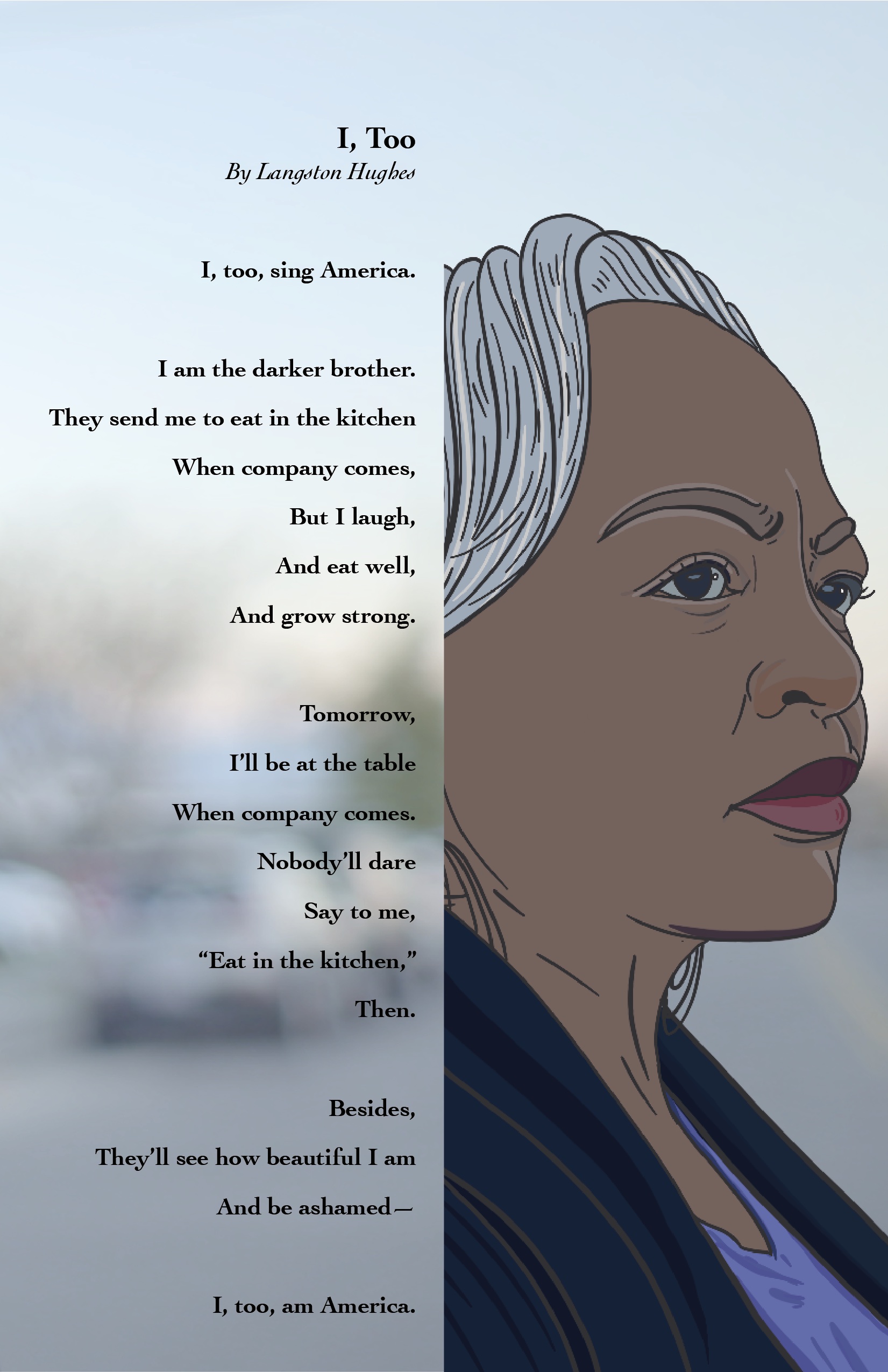
Dr. Carol Anderson, Robert W. Woodruff Professor of African American Studies, was recently a featured guest on the WBUR podcast “The Gun Machine,” which charts the development of the gun industry in the United States. Anderson discusses insights from her most recent book, The Second: Race and Guns in a Fatally-Unequal America (Bloomsbury, 2021). Read a summary of the episode below and listen to the conversation in full here: “Fear sells guns. Here’s how that culture was created.”
Gun advertising is all about mistrust and the need to carry a gun for self-protection. But protection from whom?
The first European settlers wielded firearms to control enslaved people and fight Native people. Later, during Reconstruction, white Southerners afraid of losing their place in the new status quo picked up arms, not only for self-defense and to enact racist terror, but as a totem against imagined threats — sowing the roots of what guns represent to many people today.
In turn, this legacy of racism has long compelled some Americans of color to arm themselves. In 2020, five million Americans bought guns for the first time, including a record number of Black Americans.
In episode two of The Gun Machine, host Alain Stephens talks to historian Carol Anderson about the racist roots of the Second Amendment and travels down to Florida to attend the Pew Party. There, he talks to Black gun owners about why they carry, examining the link between our nation’s fraught history and why it’s so easy to sell us guns today.








